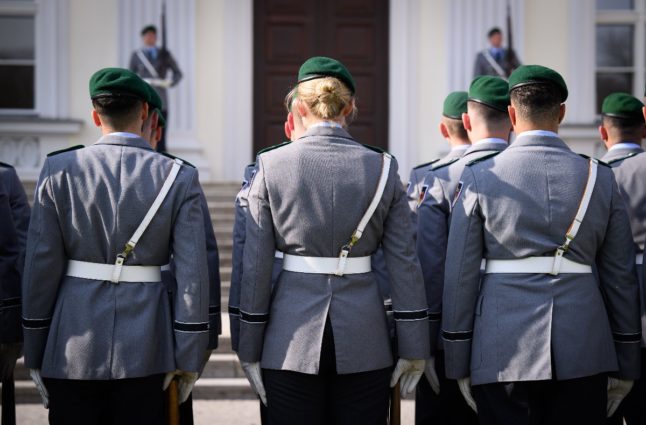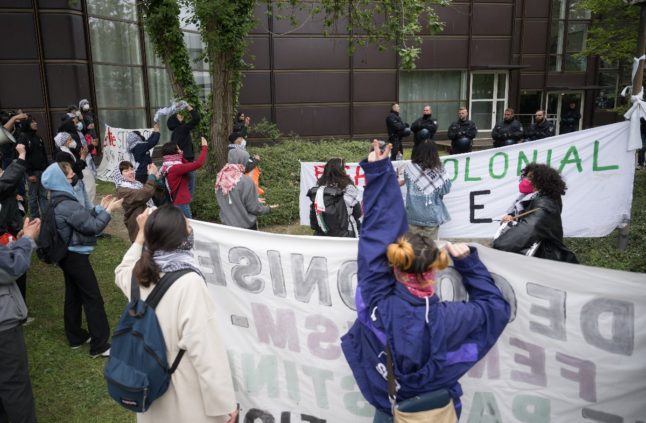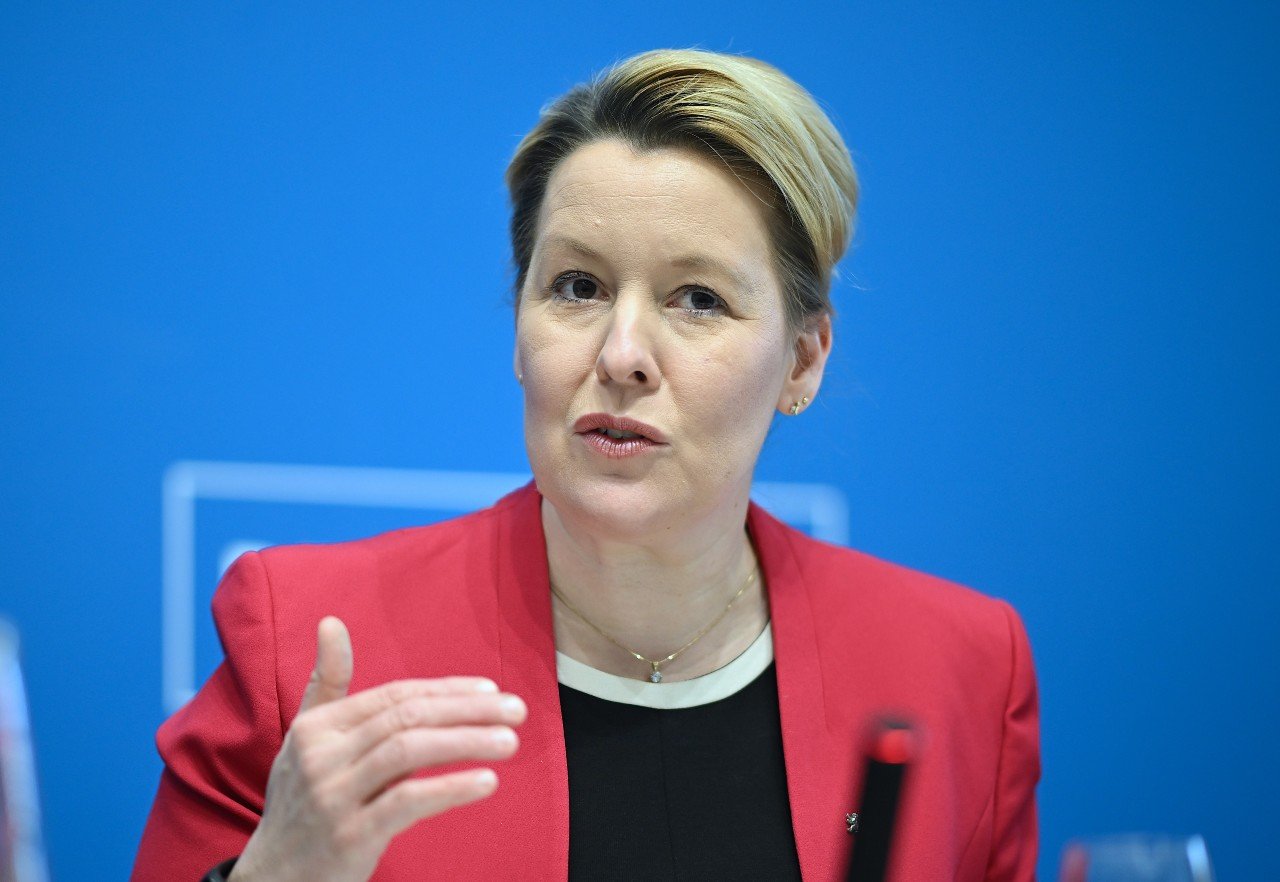Germany Bundestag approves annual Veterans Day
The Bundestag has voted to introduce an annual Veterans Day in Germany with a large majority.
It will take place every year on June 15th. This day was chosen because the veterans’ badge was awarded for the first time on June 15th in 2019.
Defense Minister Boris Pistorius (SPD) described the move as an overdue sign of appreciation.
“It’s about recognising those who are ultimately prepared to give their utmost for others and who dedicate their life and limb for our country,” said the SPD politician in the plenary session on Thursday.
Criticism came from the Left Party. Dietmar Bartsch argued the move signals Germany’s “atmospheric change” regarding war and the military, which he finds problematic.
He also said a central memorial event in Berlin could lead to protests.
According to the motion submitted to the Bundestag by coalition and opposition parties, over 10 million men and women have served in the Bundeswehr (German army) since it was founded in November 1955.
Threat of strike on public transport in Saxony on pause
Earlier this week, trade union Verdi threatened ‘unlimited’ strike action in several areas in the state of Saxony on Friday unless bosses improved their offer.
And employers did submit a new offer on Thursday, meaning the strike has been called off for now.
The strike would have affected local public transport in several districts and cities, including Chemnitz, Dresden and Zwickau.
Verdi said employers have vowed to put an improved offer on the table Friday and this will be negotiated on Monday April 29th.
READ ALSO: Why Germany is being hit by strikes almost every day
German consumer sentiment hits two-year high
German consumer confidence has hit a two-year high heading into May, a key survey said Thursday, driven by expectations that higher wages will boost purchasing power in the coming months.
Pollster GfK said its forward-looking survey of some 2,000 people, published jointly with the Nuremberg Institute for Market Decisions (NIM), rose by 3.1 points to minus 24.2 points for May.

The third monthly increase in a row was powered by a sharp jump in income expectations, following a slew of wage agreements clinched by unions recently in sectors across Germany.
Respondents were also moderately more optimistic about the German economy and slightly more likely to make large purchases than a month earlier.
While consumer confidence remains at a low level overall, the latest improvement in sentiment lifts the barometer “to a two-year high”, GfK said.
“Wage increases combined with a recent decline in the inflation rate form the basis for increased purchasing power among private households,” said NIM consumer expert Rolf Buerkl.
German envoy to China says summoned by Beijing over spying claims
Germany’s ambassador to Beijing said Thursday she had been summoned by Chinese authorities over the arrests of four Germans on suspicion of spying for China.
“After four Germans were arrested this week for allegedly spying for Chinese secret services, I was summoned to the (ministry of foreign affairs) today,” Patricia Flor said on X, formerly Twitter, adding that it was “a quite telling move”.
Three people arrested in western Germany on Monday faced accusations of passing information on maritime technology to China.
And on Tuesday, an assistant to a German member of the European Parliament was detained on the suspicion he was sharing details of proceedings in the assembly with Beijing and spying on Chinese opposition figures in Germany.
Flor said her meeting in the foreign ministry in Beijing was “a good opportunity to explain a few things”.
“We do not tolerate espionage in Germany, regardless of which country it comes from,” Flor said.
READ ALSO: How spying scandal has rocked troubled German far-right party
German auto supplier Continental pays ‘dieselgate’ fine
German auto supplier Continental has said it had agreed to pay a 100-million-euro ($107-million) fine to settle legal proceedings against it linked to Volkswagen’s emissions-cheating scandal.
The fine was due to a “negligent breach of supervisory duties” in relation to the supply of engine control units and engine control unit software, Continental said in a statement.
The company, which makes tyres and supplies components and software for carmakers, became embroiled in the so-called “dieselgate” scandal as it was a supplier to German auto giant Volkswagen.
Ten-brand Volkswagen — which makes models including Audi, Porsche and Seat — admitted in 2015 it had installed software to rig emissions levels in 11 million diesel vehicles worldwide.
Public prosecutors in Hanover targeted Continental’s former “powertrain” division, which was spun off to form Vitesco in 2021.
Following discussions with prosecutors and a review, Continental said it had accepted the fine and would not be appealing.





 Please whitelist us to continue reading.
Please whitelist us to continue reading.
Member comments